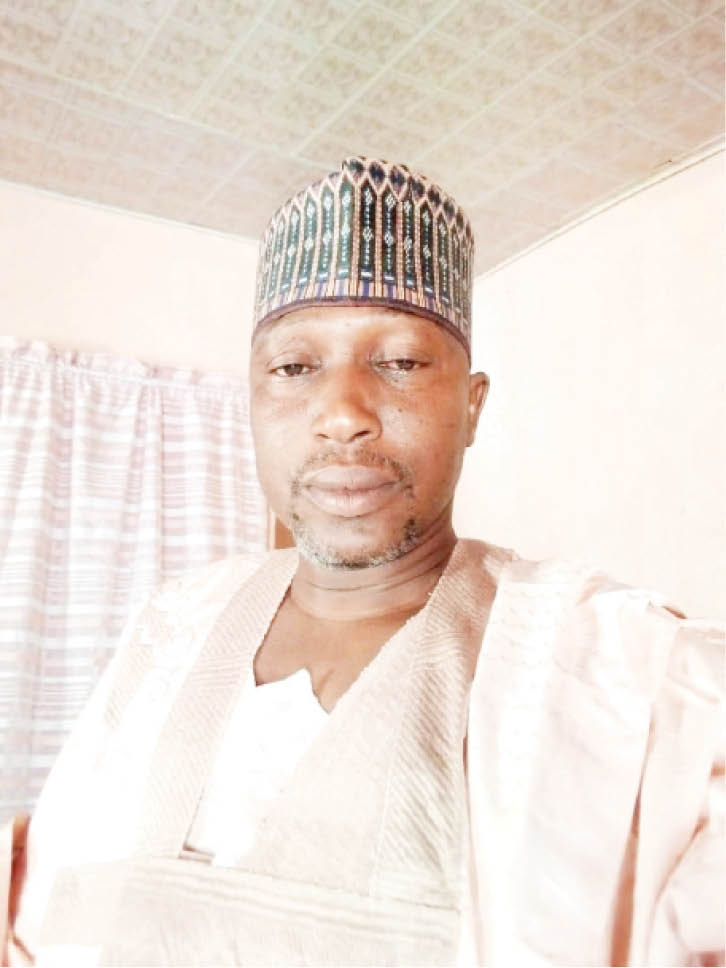Mallam Isah Yahaya is the Forum Chairman, Dala Groundnut Farmers Association of Nigeria (DGFAN). The association has members across 28 states of Nigeria, including the FCT. In this interview, he speaks on various challenges militating against groundnut production in the country and why the Central Bank of Nigeria (CBN) should extend its Anchor Borrower Programme (ABP) to groundnut farmers.
Groundnut seems to be one of the crops that have been neglected in the country despite its earlier contribution to the economy. What do you think is responsible for this?
Going back to the 1960s, groundnut used to be the backbone of Nigeria’s economy. It was used in the development of the oil wells. However, the crop has been neglected. Groundnut created a lot of things; it created jobs for the youths and women, but this important crop has been relegated to the background due to a reason best known to those in government.
- NEDC unveils development plan for North East
- Supreme Court restrains FG from ceding 17 oil wells from Rivers to Imo
Is your association not captured in the CBN’s ABP?
The association has been in existence for the past two years but we did not apply for ABP until last year. We applied for APB, but unfortunately, on getting to CBN, they told us the crop was not part of the programme in that year, and that we had to exercise patience.
However, this year, in the speeches of the CBN Governor, Godwin Emefiele, in Kebbi, Katsina and Ekiti states, he said groundnut is part of this year’s programme. We were very happy and we applied, but up till now nothing has been heard from the bank. That is why we are appealing to the present administration and the CBN governor to fulfil their promises to us because of the importance of groundnut.
The season of cultivating groundnut is now, and some farmers have started planting in some parts of the country. Do you think the issue of ABP is still realistic this farming season?
The season is not over. We have many varieties of groundnut. We have groundnut that can be planted by July/August and we have another variety that we start planting from August through October. So we are appealing to be included in the programme. Our members are prepared and really waiting for the programme across all the growing states.
The apex bank is trying to address some challenges of ABP as some farmers of other crops like rice and maize that were involved are said not to be paying back their loans. How sure are you that this will not also apply to groundnut farmers?
There is a saying that we correct ourselves from others’ mistakes. As a result of that failure you are talking about, we have taken a corrective measure by adopting cluster system. Each cluster will take 25 to 50 farmers and each cluster will have its excos; they will be responsible for the distribution of the inputs and at the same time recovery. So the recovery will be easier for us back to the CBN.
Aside from ABP, what about the Ministry of Agriculture? Have you gotten any support so far from them?
No; we have been there several times, we have had interviews with a lot of them, we have even seen the Minster of Agriculture, Mohammed Sabo Nanono, who is from Kano, and the majority of the farmers we have are from Kano, and nothing yet from them. They seem not interested in revamping the groundnut pyramids.
We have 57,669 registered groundnut farmers across the country and we have all fulfilled the requirements, including feasibility study, but there is nothing yet from the ministry, and that is why we are concentrating on the CBN.
What is your annual output?
Last year, we didn’t get any support, but we still produced almost 150,000 tonnes. That is why we say if we can get support from the federal government, we will be producing groundnut that the whole world will benefit from.
Preservation and other good farm practices are very important. Most of our produce are being rejected in Europe because of how farmers handle them. What is your association doing in this regard?
We have experts; we have extension workers that guide us on issues relating to fumigation and preservation. So we have enough essential workers that will guide the farmers on how to grow the nuts in order to meet international demand.

 Join Daily Trust WhatsApp Community For Quick Access To News and Happenings Around You.
Join Daily Trust WhatsApp Community For Quick Access To News and Happenings Around You.


